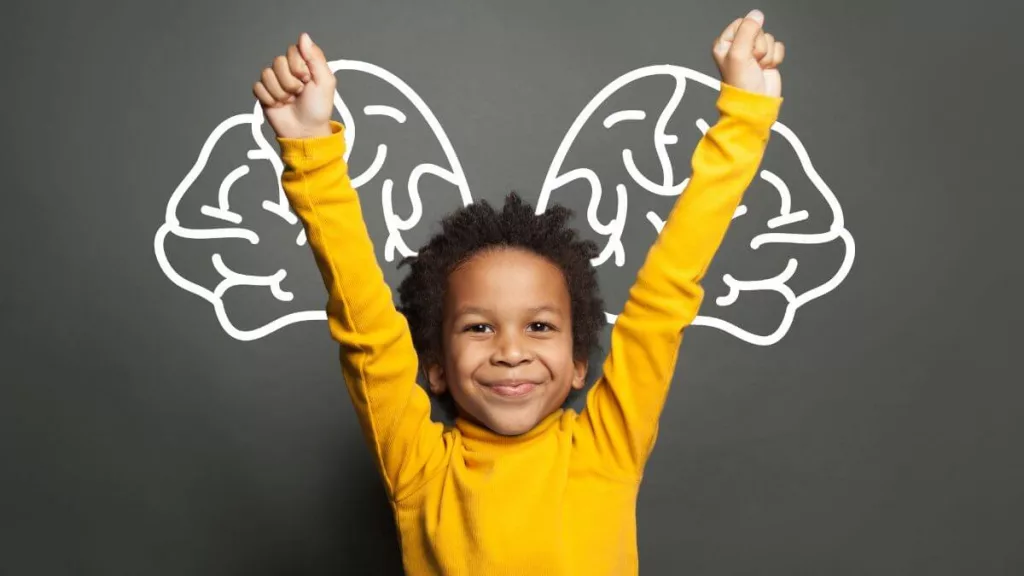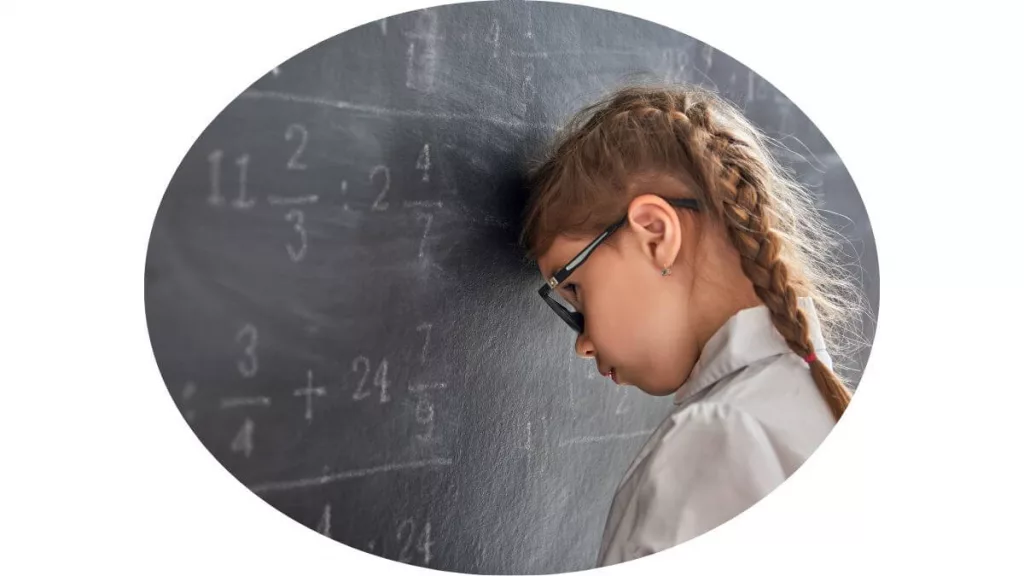Bilingual Children and Intelligence: Unveiling the Cognitive Benefits


In today’s rapidly interconnected world, raising bilingual children has become a topic of interest for many parents. But what’s the scoop on whether bilingualism truly makes a child smarter? We’re here to unravel the mysteries and explore the cognitive advantages bilingual children might enjoy.
Please check out the related article If you are interested in learning the pros & cons of bilingualism
In this comprehensive guide, we’ll address common questions, bust some myths, and shed light on the incredible potential of bilingualism.
Absolutely! Children have an astounding ability to absorb languages during their early years. Their brains are wired to process different linguistic patterns, enabling them to learn multiple languages simultaneously. It’s like their superpower! In fact, many families around the world naturally raise their children in two or more languages, resulting in what we call bilingual or multilingual children.
Research suggests that bilingualism might indeed offer cognitive advantages. Studies like Bialystok, Craik, and Luk’s exploration in “Bilingualism: Consequences for Mind and Brain” indicate that bilingual children often exhibit enhanced executive functions. These functions include attention control, problem-solving skills, and task-switching abilities. Imagine your child having an improved ability to focus and manage tasks – sounds like a pretty smart advantage, doesn’t it?
Put your worries aside – bilingual children don’t learn slower; in fact, they’re navigating two linguistic worlds! While it might seem like they’re taking a bit more time to develop language skills, they’re actually building a solid foundation in both languages. They’re like linguistic acrobats, and their brains are getting a solid workout.
Bilingual children often excel in certain cognitive domains. Their enhanced executive functions spill over into real-life benefits. Picture them acing problem-solving tasks, adapting to new situations swiftly, and even displaying creativity that stems from their linguistic versatility. They become natural multitaskers equipped with a cognitive toolkit that serves them well in various aspects of life.
If you’re curious about how their linguistic abilities also contribute to their empathetic skills, check out our blog post on “The Connection Between Bilingualism and Empathy in Children.”
Don’t fret if your bilingual toddler’s first words seem to arrive a tad later. Research indicates that bilingual children might indeed start speaking slightly later than their monolingual peers. However, this delay is temporary and often evens out as they grow. The amazing part? They’re mastering two languages concurrently, which might require a bit more time for their linguistic gears to synchronize.
If you’re interested in diving deeper into how code-switching plays a role in this journey, check out our blog post.
Bilingualism’s influence goes beyond childhood – it can impact academic performance, too. While studies suggest that bilingual students might possess certain cognitive advantages, such as improved focus and cognitive flexibility, academic success is influenced by various factors. Bilingualism equips them with valuable skills, but their overall performance depends on how they apply these skills in their studies.

Bilingualism’s benefits extend to various domains, including math. The cognitive advantages gained from navigating multiple languages can translate into enhanced problem-solving abilities, which are valuable in mathematical contexts. However, being bilingual doesn’t automatically make children a math genius. Like any skill, success in math comes from a combination of practice, interest, and effective learning strategies.
In conclusion, raising bilingual children offers a plethora of cognitive benefits. They’re not just learning two languages but developing enhanced executive functions, problem-solving skills, and adaptability. While they might start speaking a bit later, their linguistic journey equips them for a lifetime of cognitive prowess. Bilingualism’s positive impact isn’t limited to childhood; it can influence academic performance and even contribute to strengths in subjects like math.
So, if you’re pondering whether to embark on the bilingual journey with your child, remember that you’re not just teaching them languages – you’re giving them the gift of cognitive excellence that will serve them well throughout their lives. It’s time to embrace the wonderful world of bilingualism and watch your child’s cognitive abilities flourish!
Now you know the benefits of bilingualism in child development it’s time to learn the effective strategies for raising bilingual children.
Read now:
Strategies For Successfully Raising Bilingual Children
References: